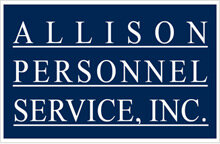The Importance of Social Capital in the Workplace
The insurance industry has taken great strides toward identifying human capital through various profiles and tests. We have also done a good job focusing on developing talent, providing leadership training, and creating workplaces that offer more flexibility and employee focused benefits. All of this is important; but an often overlooked aspect that affects retention, engagement, and performance is social capital.
Employees who are connected to their colleagues are more likely to work toward common goals, less likely to act in an opportunistic manner, have a greater degree of trust, and often produce better results. Some of the soft skills that make an employee socially successful are difficult to identify with traditional tests and profiles. The ability to relate on a level that encourages collaboration and fosters trust is one of the more important skills in the workplace. This is how great ideas are shared and developed, and it is a skill set that insurance millennials embrace. They want to be connected to their colleagues and they want to feel part of an organization that has a common goal. Investing in HR activities focused on building relationships among your employees may be more important now than ever before.
We have had insurance employees express dissatisfaction with pay and other variables in the workplace, but ultimately decide to stay with their employer because they consider their coworkers their friends and extended family. Opportunities for your insurance employees to build and maintain social relationships are of prime importance for the next generation. Specific examples include team outings to sporting events, movie nights, and meals out together. Just food for thought!
